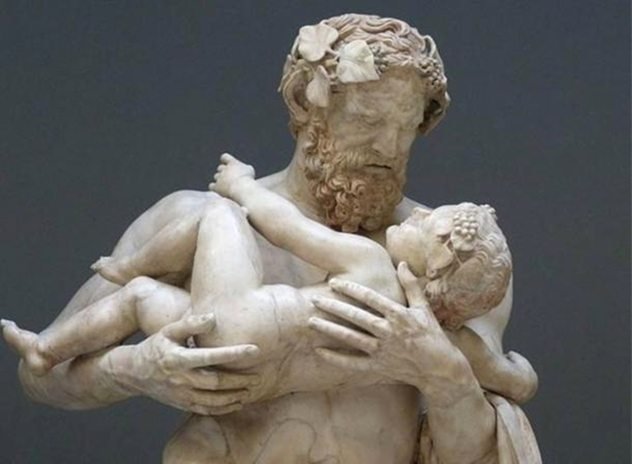
'First, say to yourself what you would be; and then do what you have to do'
This is a quote taken from Epictetus' Discourses and Selected Writings and it resembles the importance of setting long and short-term goals.
To me, this quote shows Epictetus's understanding of having a clear vision of where you want to be, but not emphasizing too much on the specific goal, but rather emphasizing on being who you need to be in order to reach that particular goal. In other words, what habits and actions are you performing today in order to reach your desired goals?
For example, my goal may be to be financially free (in subjective terms) in 9 years time. That is my overall goal, and then I can set small goals that all enforce particular habits to reach that number 1 goal. Such as: reading a non-fiction book on business, investing or economics every week because I know that this is aiding me in the quest of my long-term goal. It is argued that it takes 66 days to form a habit, so the more that you perform these habits, the more likely it is to become second nature to you. This was really wise from Epictetus and is very relevant in society today where we are all pressurized to fit in or to relate to the ideals. It is hard for the average person to stand out because of all the distractions in society today that sway people away from their greatness.
There thousands of external dopamine stimulators that push you away from reaching greatness and Epictetus would preach that in order to reach your potential you must form habits to avoid them. I have found also, that by avoiding the majority (I still am subject to a few, but working on it), you get real clarity on what they are, and the fear-of-missing-out completely disappears.

Background on Epictetus:
Born into slavery 55AD Epictetus is the famous Stoic of whom is most influenced by God, or the Greek Gods as they were in those times. His slave master was very fond of him and allowed him to study philosophy in his spare time and this is when he was exposed to the ‘Stoa’ teachings by his mentor Musonius Rufus. Epictetus gained freedom from slavery shortly after Emperor Nero’s death and subsequently began teaching philosophy. He taught stoicism for the rest of his life, even when forced to leave Rome as philosophers were banned in Rome, he simply moved to Greece and taught for his remaining days until he died in 135AD. His tao is spread over a few books, each of which is harder reads when compared to Aurelius or Seneca’s writings.
upvote done. please upvote back
Downvoting a post can decrease pending rewards and make it less visible. Common reasons:
Submit